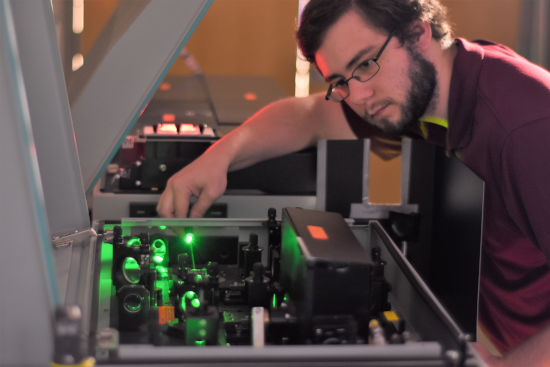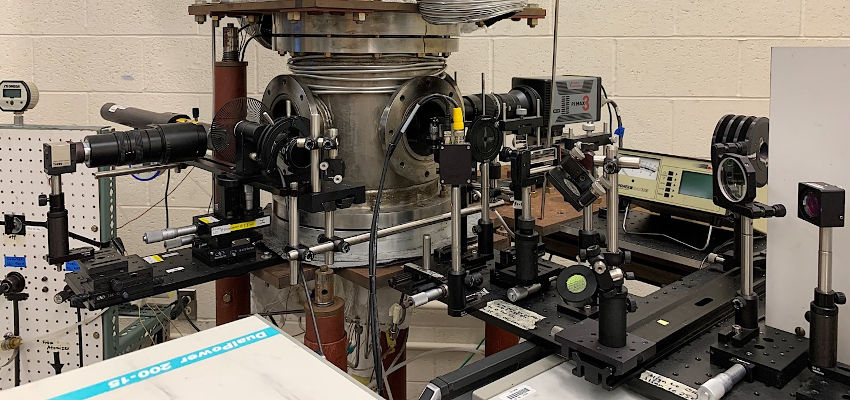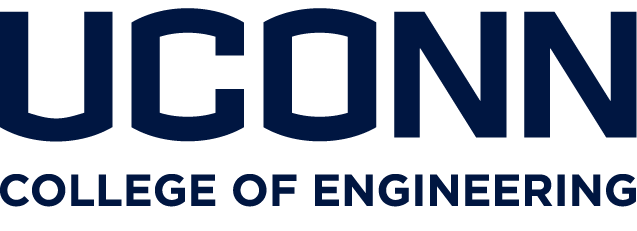Burning Green: How Dr. Sung’s Combustion Research Will Lead to a Cleaner Future
By: Ben Donohue & Olivia Ortegon
When the word combustion comes up in conversation, what’s the first thing that comes to mind? Most people think combustion is “dirty”, but Dr. Chih-Jen (Jackie) Sung is working hard to change the public’s perception of combustion. A professor in the Mechanical Engineering Department at UConn, Dr. Sung joined the Huskies in 2009 to focus on research in combustion and propulsion.

“Doing the same thing repeatedly gets less fulfilling, I feel,” Dr. Sung said in response to why he joined UConn and the Center for Clean Energy Engineering (C2E2). “In view of UConn’s vision and path to excellence, there’s always opportunity for exploring new challenges, and I thought I could be a positive change by joining UConn”. After receiving his PhD from Princeton University and working at Case Western Reserve University, Storrs seemed to be the best fit for his new chapter of life.
“I joined C2E2 when it was primarily fuel cell focused. While the focus has changed over the years, the goal has always been clean energy, which is what my research is predicated on”. Dr. Sung goes on to say that the support and relationships built from working at C2E2 has been a bonus to the research aspect of his work here at UConn.
“The goal is green and sustainable combustion as opposed to no combustion at all. Combustion is still needed, and in fact combustion is part of the solution for future energy systems”, Dr. Sung shares in regard to his goals here at C2E2. The world’s population, and subsequently energy demands, are ever increasing. At present, an estimated 80% of the world’s energy demand is for combustion-generated power. Between travel demands such as vehicles, airplanes, and space exploration, to more common processes, such as stovetop cooking, combustion is ubiquitous in our everyday lives. Thus, it is important to find a way to make combustion cleaner and mitigate its impact on our climate rather than eliminate it overall.
Green combustion involves relying less on fossil fuels and instead using renewable, or “green” fuels. Many green fuels are created from plants/biomass, and are thus referred to as biofuels. Such fuels result in far fewer greenhouse gas emissions than fossil fuels and can therefore be used to achieve net zero CO2 emissions.

There are other options that may seem like more viable alternatives to fossil fuels, such as e-fuels or hydrogen. But the current technologies being considered to produce e-fuels require a lot of energy, and to switch all existing infrastructure to support hydrogen use is still technologically and economically challenging. Using biofuels for combustion is a more effective strategy and can also open up many doors to future opportunities. Because biofuels are synthetically created, you can theoretically make any fuel you want, such as gasoline, diesel, or jet fuels. We are also not limited to a finite supply of them, as they are created from biomass, a renewable resource. Being able to synthetically create biofuels opens the door for greater opportunities—if we can create a “super fuel”, then we can theoretically create a super engine. This is co-optimization, Dr. Sung’s overarching goal at C2E2. By creating better fuels, we can create better engines, and achieve higher efficiency and less emissions through combustion.
President Biden made a remark at the Virtual Leaders Summit on Climate Session 5 in April 2021 that “no single technology is the answer on its own because every sector requires innovation to meet this moment.” Dr. Sung expanded on this: “C2E2 covers a wide range of clean energy fields, and this interdisciplinary collaboration allows for us to create and improve clean energy technologies.” At the head of innovation and clean energy, C2E2 meets this demand of improving clean energy technologies with the help of Dr. Sung as well as our other many talented staff and faculty.


